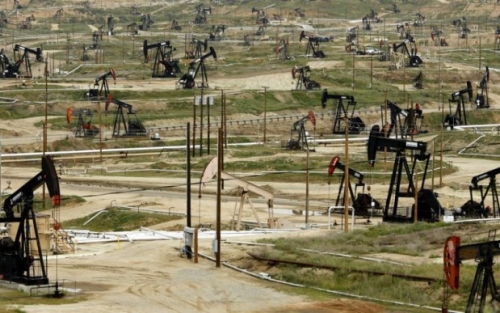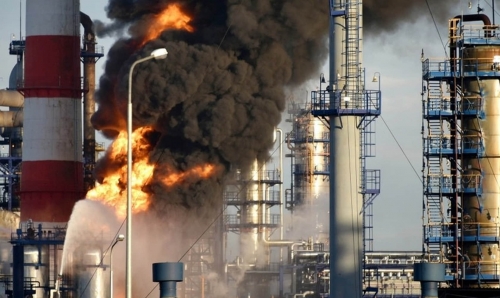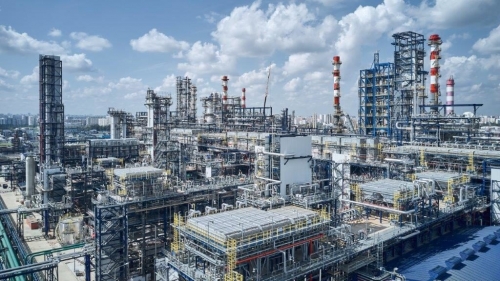The offshore oil and gas industry is a critical component of the global energy sector, but it also involves significant risks. Offshore rig accidents can lead to catastrophic injuries, long-term health issues, and even fatalities. When these accidents occur, victims and their families often need specialized legal assistance to navigate the complex landscape of maritime law. An offshore rig accident lawyer plays a crucial role in ensuring that the rights of injured workers are protected and that they receive the compensation they deserve.
Understanding Offshore Rig Accidents
Offshore rigs are large, complex structures used for the exploration and extraction of oil and gas beneath the ocean floor. These rigs can be located in remote and harsh environments, making them susceptible to various hazards. Common causes of offshore rig accidents include:
- Explosions and Fires: Due to the volatile nature of oil and gas, explosions and fires are significant risks on offshore rigs. These incidents can result from equipment failure, human error, or natural causes.
- Falls and Slips: The slippery and unstable surfaces of rigs, combined with the high altitudes at which workers often operate, can lead to serious fall-related injuries.
- Equipment Failures: Malfunctioning machinery and tools can cause severe injuries. Regular maintenance and safety checks are crucial to prevent these incidents.
- Weather Conditions: Extreme weather conditions, such as hurricanes and storms, pose significant threats to the safety of offshore rig workers.
- Human Error: Mistakes made by workers, often due to fatigue or insufficient training, can lead to accidents and injuries.
The Role of an Offshore Rig Accident Lawyer
An offshore rig accident lawyer specializes in maritime law, which governs accidents and injuries that occur on navigable waters. These lawyers are adept at handling cases involving complex regulations and multiple jurisdictions. Their responsibilities include:
- Legal Representation: They represent injured workers and their families, ensuring their rights are upheld in negotiations and court proceedings.
- Investigation: A thorough investigation is crucial to determine the cause of the accident and identify liable parties. This may involve gathering evidence, interviewing witnesses, and consulting experts.
- Compensation Claims: Lawyers help victims file claims for compensation, which can cover medical expenses, lost wages, pain and suffering, and other damages. They ensure that claims are filed under appropriate laws, such as the Jones Act, the Longshore and Harbor Workers' Compensation Act (LHWCA), or general maritime law.
- Negotiation and Settlement: Many cases are resolved through settlements. Offshore rig accident lawyers negotiate with insurance companies and other parties to secure fair compensation for their clients.
- Litigation: If a fair settlement cannot be reached, the lawyer will take the case to court, presenting a compelling case to ensure the victim's rights are protected.
Key Maritime Laws for Offshore Rig Accidents
Several maritime laws may apply to offshore rig accidents, including:
- The Jones Act: This federal statute allows seamen injured in the course of employment to sue their employers for personal injury damages. It requires proof of negligence on the part of the employer or co-workers.
- The Longshore and Harbor Workers' Compensation Act (LHWCA): This act provides compensation to maritime workers who are not classified as seamen under the Jones Act, such as dockworkers and shipbuilders.
- General Maritime Law: This body of law covers various aspects of maritime activity and provides remedies for injuries and fatalities occurring on navigable waters.
- Death on the High Seas Act (DOHSA): This act allows families of workers who die as a result of maritime accidents occurring beyond three nautical miles from the shore to seek compensation.
Selecting the Right Offshore Rig Accident Lawyer
Choosing a skilled and experienced offshore rig accident lawyer is critical for the success of a case. Important factors to consider include:
- Experience: Look for a lawyer with a proven track record in maritime law and offshore rig accident cases.
- Reputation: Research the lawyer’s reputation, including client testimonials and peer reviews.
- Resources: Ensure the lawyer has access to the necessary resources, such as expert witnesses and investigative tools.
- Communication: The lawyer should communicate clearly and keep clients informed throughout the legal process.
- Dedication: Choose a lawyer who is dedicated to fighting for the rights of injured maritime workers and their families.
Conclusion
Offshore rig accidents can have devastating consequences for workers and their families. An experienced offshore rig accident lawyer is essential for navigating the complexities of maritime law and ensuring that victims receive the compensation they deserve. By understanding the role of these specialized lawyers and the legal protections available, injured maritime workers can take the necessary steps to protect their rights and secure their future.

%20(1).png)



